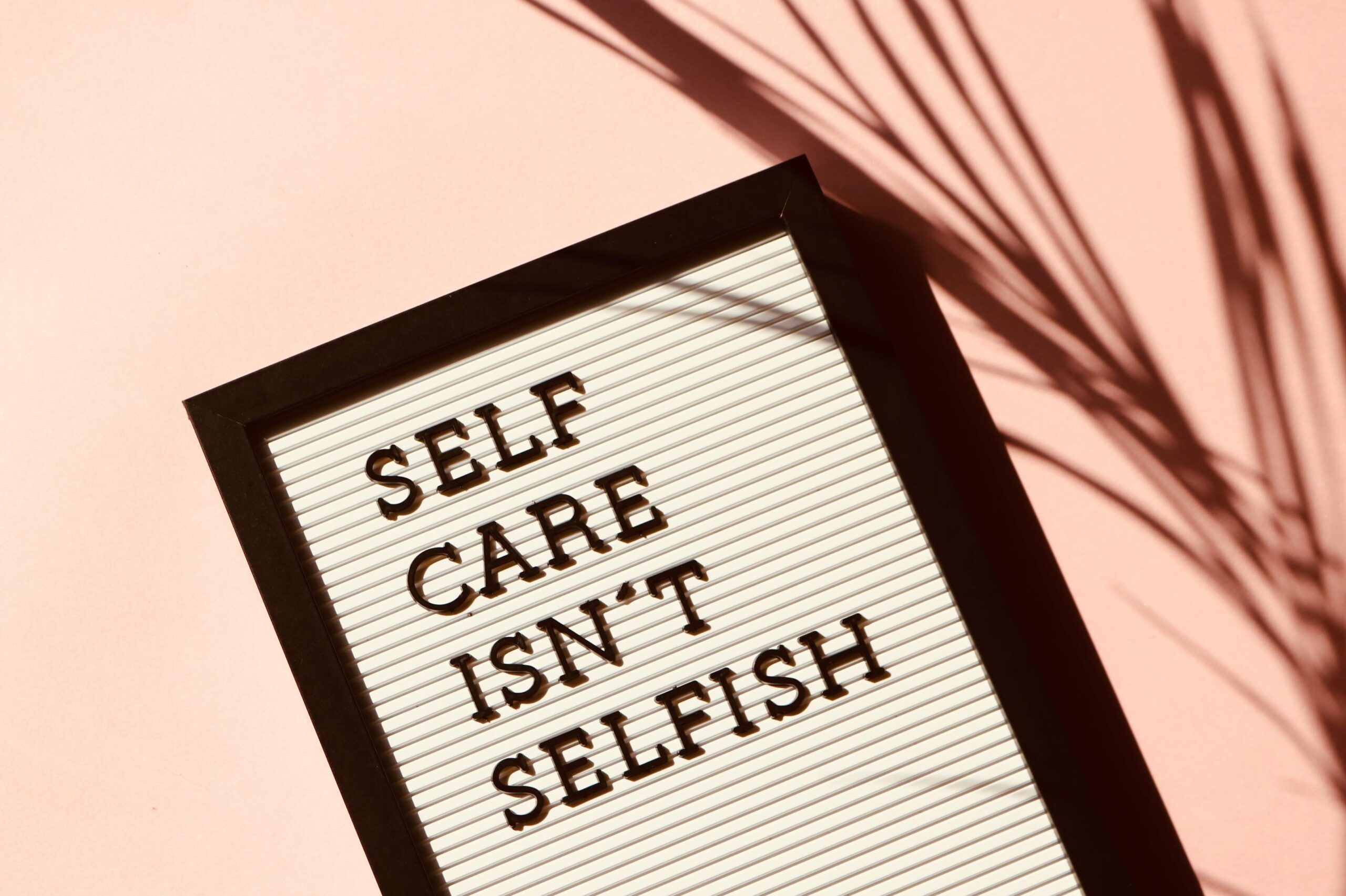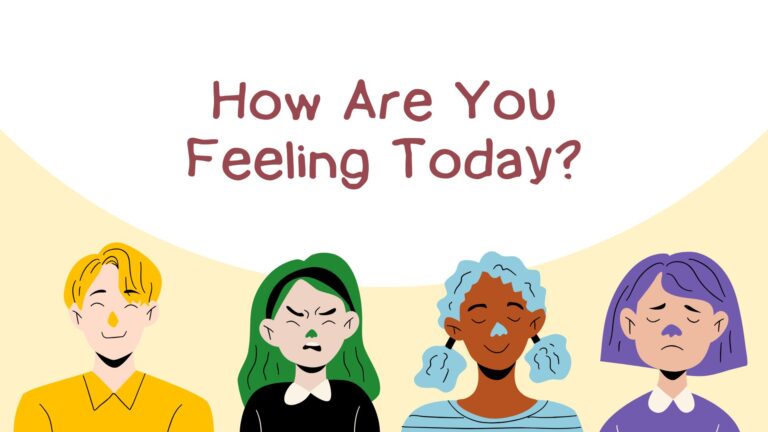Mental health is an essential aspect of overall well-being, yet many people are unsure when it’s time to seek professional help. Whether it’s due to stress, unresolved emotions, or a deeper psychological issue, therapy can provide the support you need to navigate life’s challenges. But how do you know when therapy is the right step?
In this blog, we’ll discuss some common signs that indicate you might benefit from therapy and how seeking help early can lead to a healthier, happier life.
1. You Feel Overwhelmed by Stress or Anxiety
Everyone experiences stress from time to time, but if stress or anxiety starts to interfere with your daily life, it might be time to consider therapy. If you find it difficult to relax, constantly feel on edge, or struggle with excessive worry, a therapist can help you develop coping strategies to manage these feelings.
Key Indicators:
- Persistent worry or panic attacks
- Trouble sleeping due to stress or anxiety
- Difficulty concentrating or making decisions
How Therapy Helps:
Therapists often use techniques such as Cognitive Behavioral Therapy (CBT) to help you identify and change negative thought patterns contributing to stress and anxiety.
2. You’re Struggling with Relationships
If you’re facing ongoing challenges in your relationships, whether with a partner, family member, or friends, therapy can help. Relationship issues, communication breakdowns, or repeated conflicts might be a sign that deeper issues are at play.
Signs to Watch For:
- Frequent arguments or misunderstandings
- Feeling disconnected from loved ones
- Difficulty setting boundaries or communicating needs
How Therapy Helps:
Therapists specializing in relationships or couples counseling can guide you through communication techniques and conflict resolution strategies to rebuild healthy connections.
3. You’ve Experienced Trauma
Traumatic experiences, whether from childhood or more recent events, can have a lasting impact on your mental health. If you’ve experienced trauma and notice symptoms such as flashbacks, avoidance of certain places or people, or ongoing emotional distress, therapy can help you process these experiences.
Symptoms of Trauma:
- Recurring thoughts or nightmares about the event
- Feelings of numbness or detachment
- Avoidance of places, activities, or people that remind you of the trauma
How Therapy Helps:
Specialized therapies like Eye Movement Desensitization and Reprocessing (EMDR) or trauma-focused CBT can help you work through trauma in a safe, controlled environment.
4. Your Mood is Affecting Your Daily Life
Mood swings, persistent sadness, or irritability that lasts for weeks or months may be a sign of an underlying mental health condition such as depression or bipolar disorder. If your mood is impacting your ability to function at work, school, or home, it’s essential to seek support.
Signs of a Mood Disorder:
- Feeling hopeless, sad, or empty most of the time
- Loss of interest in activities you once enjoyed
- Extreme mood swings from high energy to deep sadness
How Therapy Helps:
Therapists can help identify the root cause of your mood changes and provide tools and strategies to stabilize your emotions. In some cases, they may work with you and a psychiatrist to consider medication as part of your treatment plan.
5. You Feel Stuck or Unfulfilled
If you feel unmotivated, stuck, or like you’re not living up to your potential, therapy can provide the clarity and guidance needed to make meaningful changes in your life. This could be related to your career, personal growth, or general life satisfaction.
Signs of Feeling Stuck:
- A sense of emptiness or dissatisfaction with life
- Feeling trapped in a situation (job, relationship) but unsure how to change it
- A lack of motivation or purpose
How Therapy Helps:
Through techniques like humanistic therapy or goal-focused counseling, a therapist can help you identify your values, set achievable goals, and work towards a more fulfilling life.
6. You’re Engaging in Unhealthy Coping Mechanisms
If you find yourself turning to alcohol, drugs, or other harmful behaviors to cope with difficult emotions, it’s time to consider therapy. Unhealthy coping mechanisms may offer temporary relief but can worsen mental health in the long term.
Warning Signs:
- Using substances or addictive behaviors to numb feelings
- Engaging in risky or impulsive behaviors
- Isolating yourself from others
How Therapy Helps:
A therapist can help you understand the underlying reasons for these behaviors and guide you in developing healthier coping mechanisms, improving both your mental and physical well-being.
7. You’re Grieving a Loss
The loss of a loved one, job, or relationship can trigger intense feelings of grief and sadness. While these feelings are normal, if your grief becomes overwhelming and you’re struggling to move forward, therapy can offer support.
Signs of Prolonged Grief:
- Difficulty accepting the loss
- Avoiding reminders of the person or event
- Feeling stuck in sadness or despair months after the loss
How Therapy Helps:
Grief counseling provides a safe space to process your emotions and find ways to move forward while honoring your loss.
8. You’re Not Feeling Like Yourself
If you’ve noticed changes in your behavior, feelings, or thoughts and can’t seem to shake them, therapy can help you gain insight into what’s going on. Feeling out of control, disconnected, or just not like yourself can be a sign that something deeper is at play.
How Therapy Helps:
By talking through your experiences with a therapist, you can gain a better understanding of your thoughts and behaviors, develop healthier patterns, and regain a sense of control over your life.
Conclusion
There’s no wrong time to seek therapy, but recognizing the signs early can help you avoid bigger challenges down the road. If any of these signs resonate with you, it might be time to consider speaking with a therapist.
At Woselle, we offer easy access to licensed therapists who can help you navigate your mental health journey. Whether you prefer in-person sessions or the flexibility of online therapy, we’re here to support you.
Ready to take the next step? Explore our network of therapists today and book your first session.




